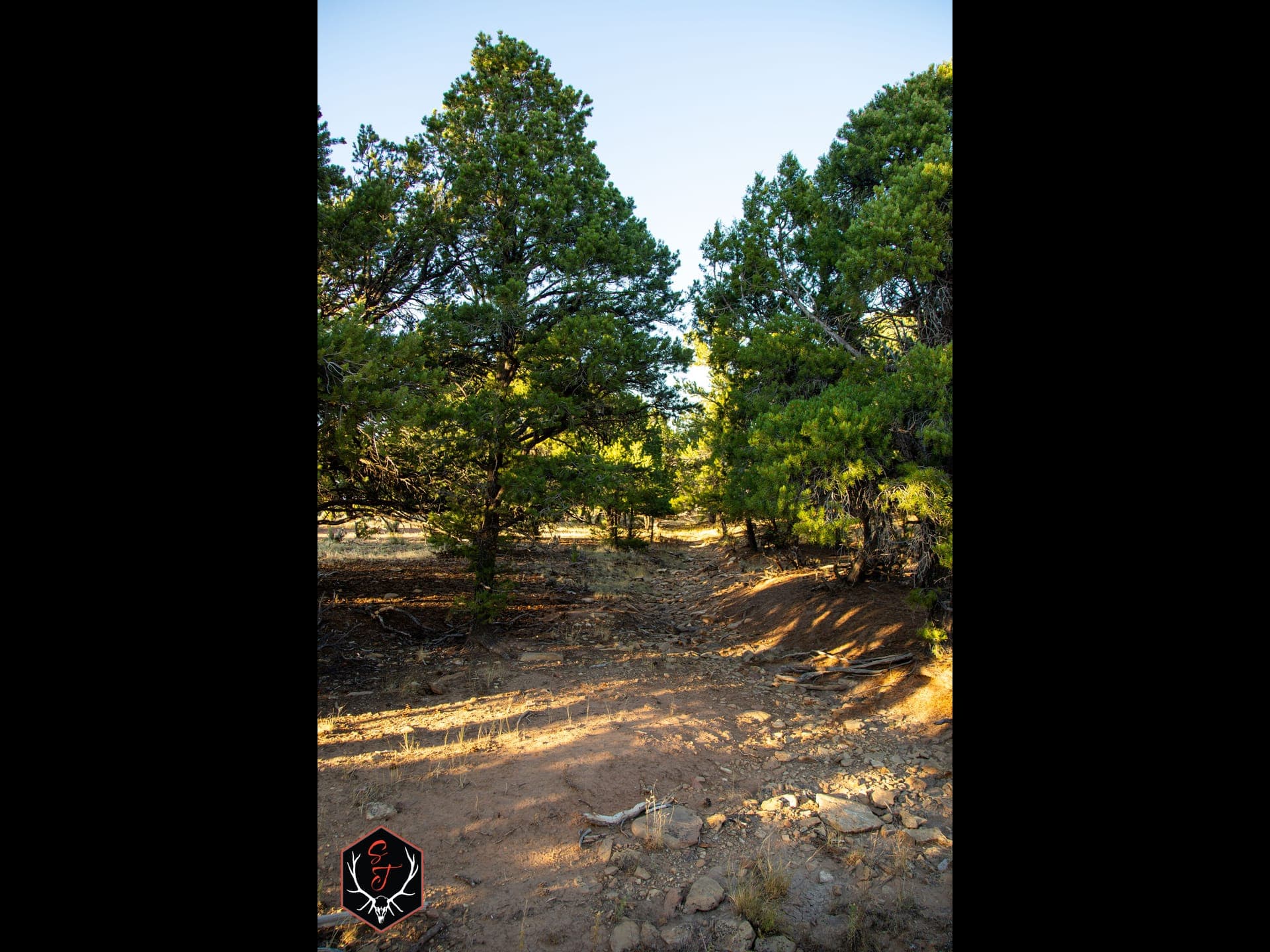Dolores County History and Civic Resources Guide for Residents
This article outlines how Dolores County evolved from a late 1800s mining hub with Rico as the original county seat to a mid 20th century administrative center in Dove Creek, and how that history shapes current planning and public services. Understanding the legacy of mining tailings and lead contamination, the influence of ranching and irrigation projects like McPhee Reservoir, and the location of county services matters for local health, infrastructure decisions, and civic participation.

Dolores County's present governance and planning reflect a layered history of mining booms, ranching economies, and 20th century administrative shifts. Rico served as the county seat during the late 1800s mining era, anchoring settlement and commerce around extractive activity. Over time population and economic patterns shifted, and the county seat moved to Dove Creek in the mid 20th century. That relocation concentrated county government offices and courthouse functions in Dove Creek, shaping where residents go for official business and where county resources are administered.
The institutional consequences of that move remain relevant. Centralized services in Dove Creek provide a clear physical site for county administration, but they also change travel requirements and access for residents in outlying communities. For voters and civic groups, the location of the courthouse and county offices influences public meeting attendance, participation in hearings, and the perceived proximity of government. Local public libraries and civically oriented organizations continue to serve as information hubs, while contacts for emergency services and social services remain essential touch points for residents across the county.
Historic and cultural sites record the county's past and inform current planning. The old Rico Town Hall is marked with a historic marker, and scattered small cemeteries and pioneer era structures document early settlement and family histories. Those landmarks coexist with environmental legacies from mining, notably tailings and lead contamination. These remediation issues have shaped local planning priorities, land use decisions, and public health monitoring. Planning authorities and state or federal agencies have had to incorporate remediation work into development plans and grant applications, and those choices affect property use and community safety.
Water and land use remain central policy areas. Ranching traditions persist, and irrigation projects such as McPhee Reservoir are a major factor in water allocation, agricultural planning, and community events tied to water levels and availability. Decisions about reservoir operations influence farm viability, municipal supplies, recreation, and the county budget for infrastructure that supports those activities.
For residents, this history matters in practical ways. Knowing that county government services are based at the Dove Creek courthouse and county offices points people to where to file records, attend meetings, and seek assistance. Libraries and listed emergency and social service contacts offer routes to information and aid. At the policy level, remediation funding, water allocation decisions, and planning for rural service delivery are questions that will benefit from sustained public oversight.
As Dolores County continues to manage the consequences of its past, community engagement in planning processes, public meetings, and elections will shape outcomes for health, infrastructure, and local development. Clear information about historic sites, environmental concerns, and where to access government services strengthens residents ability to hold institutions accountable and to influence the county priorities that affect daily life.

